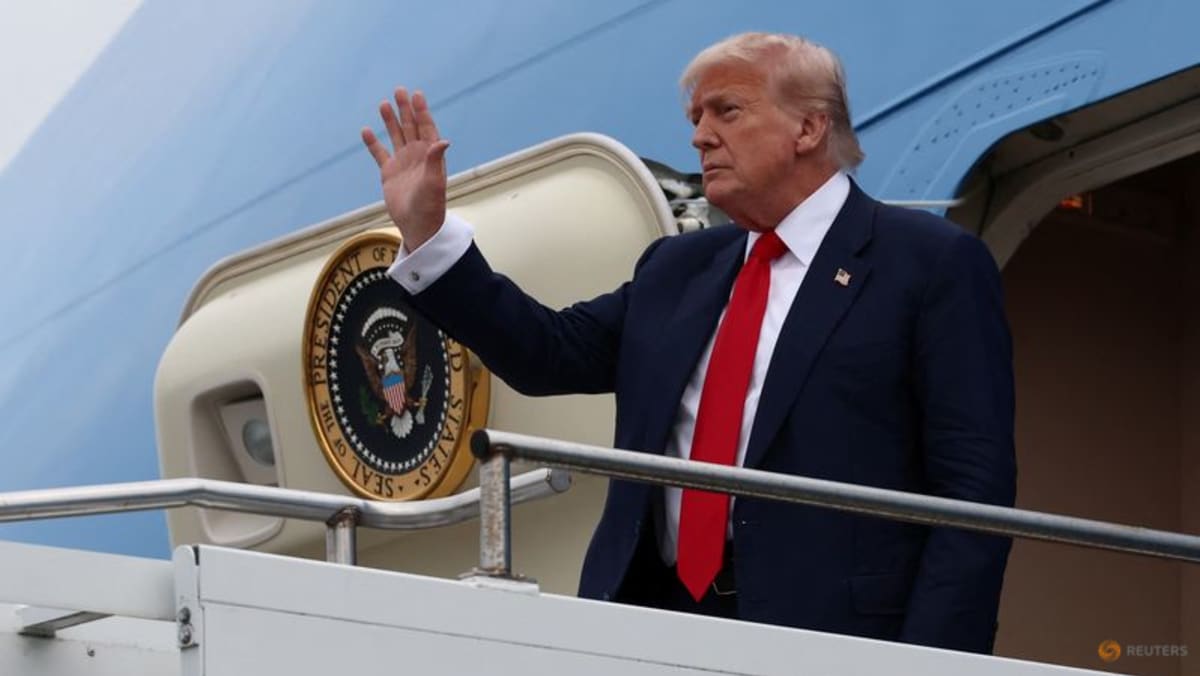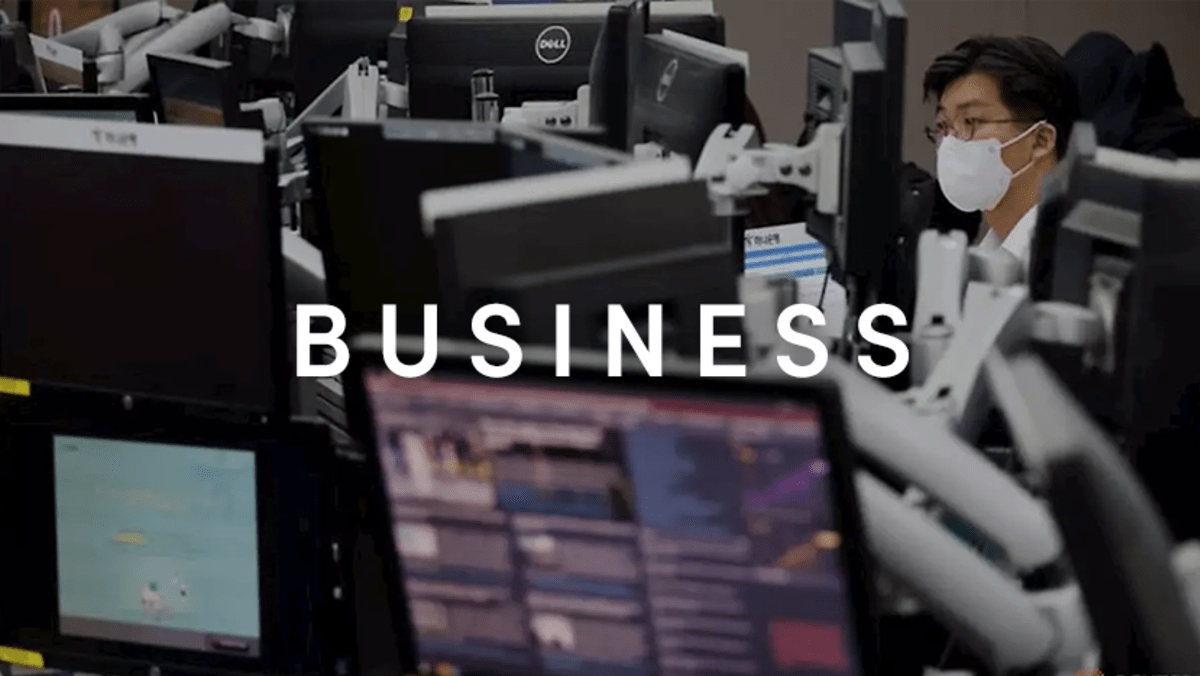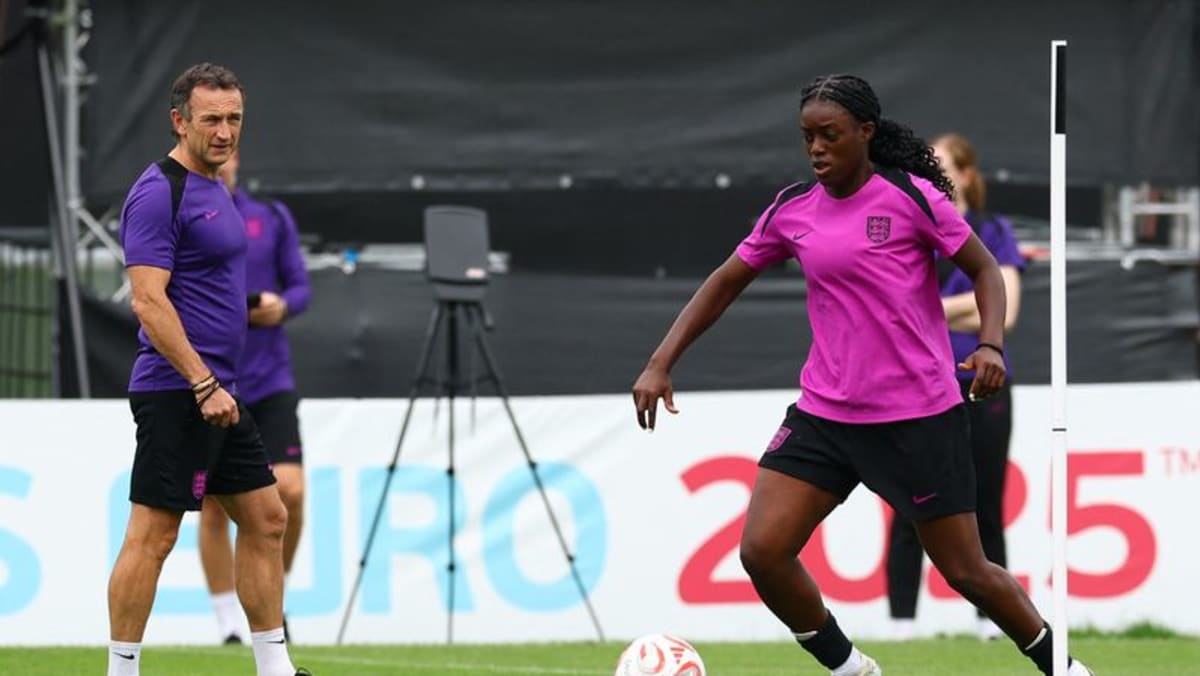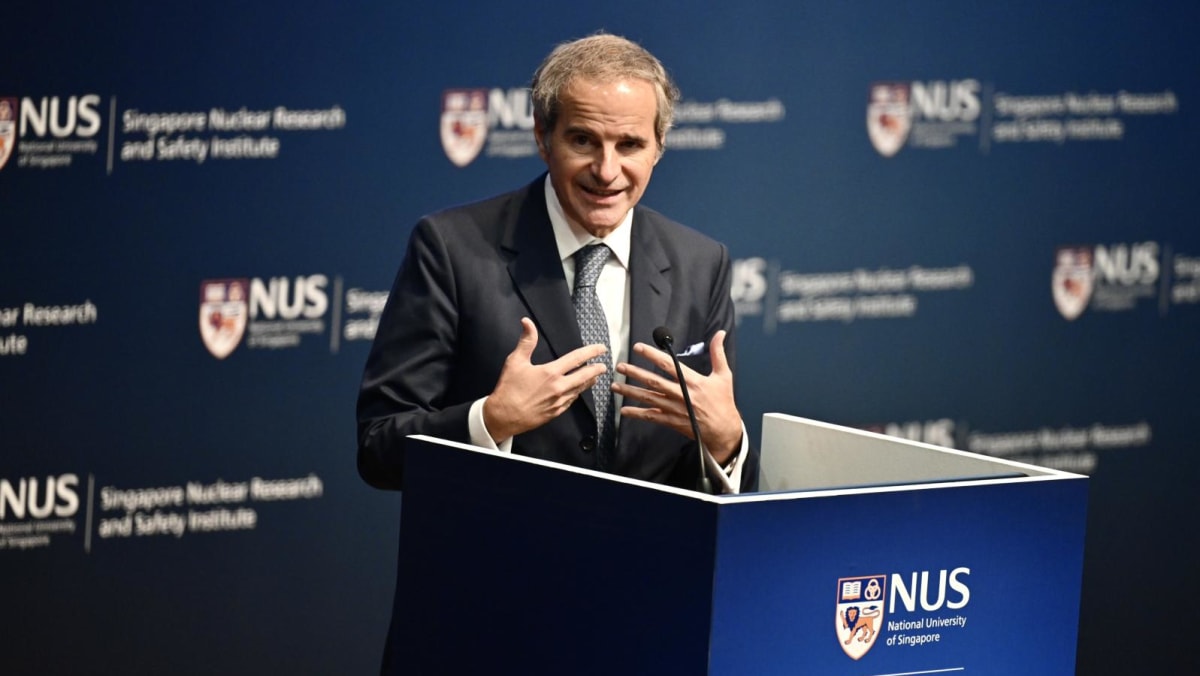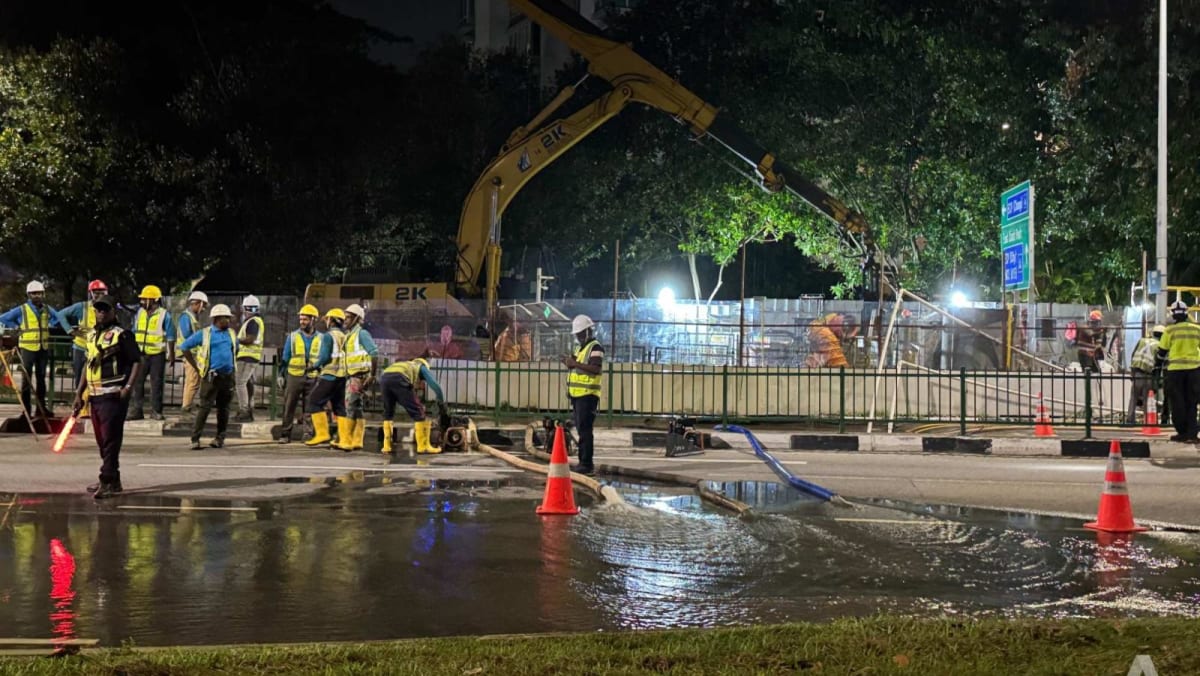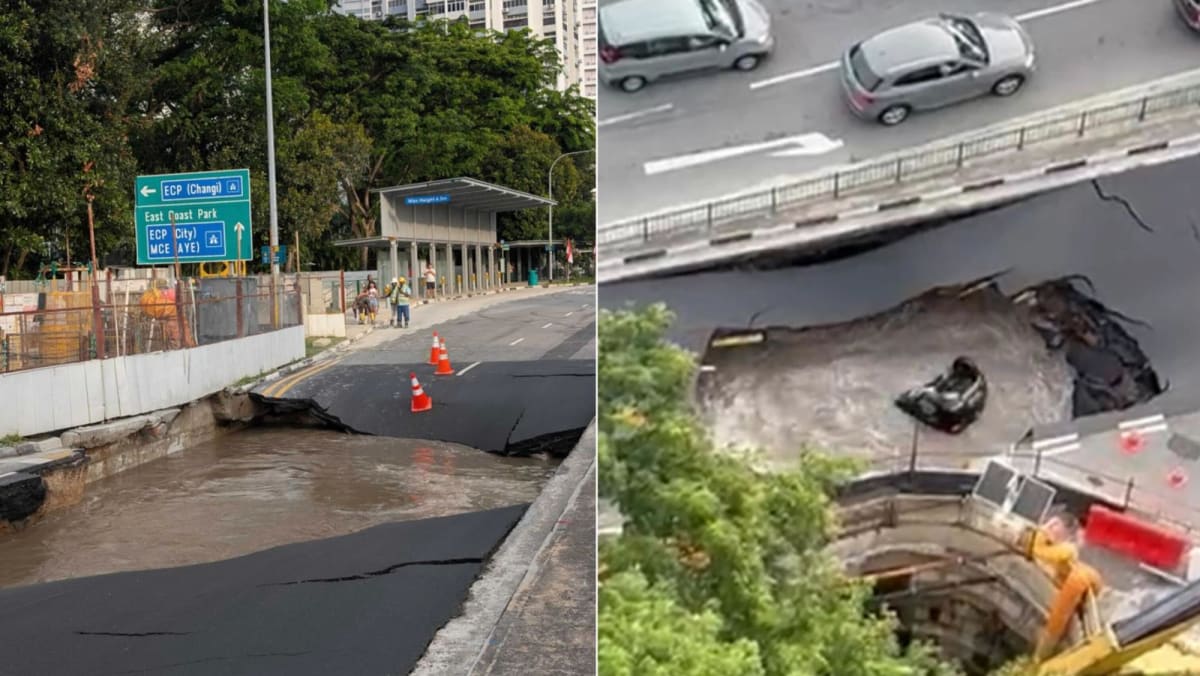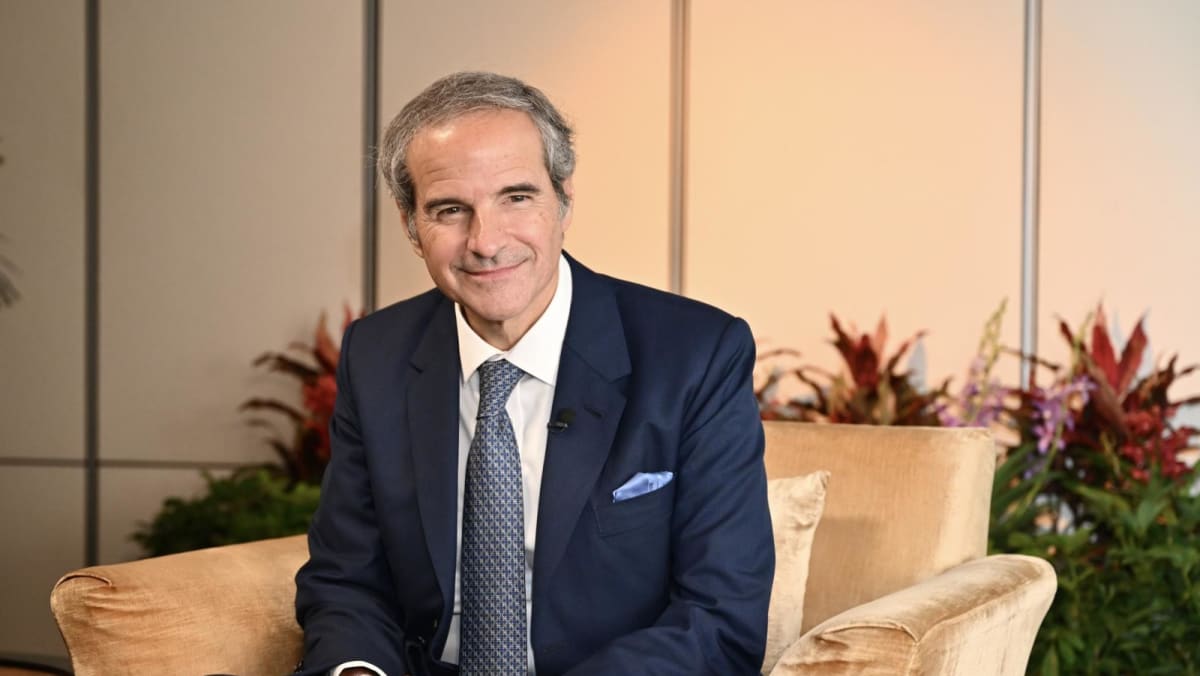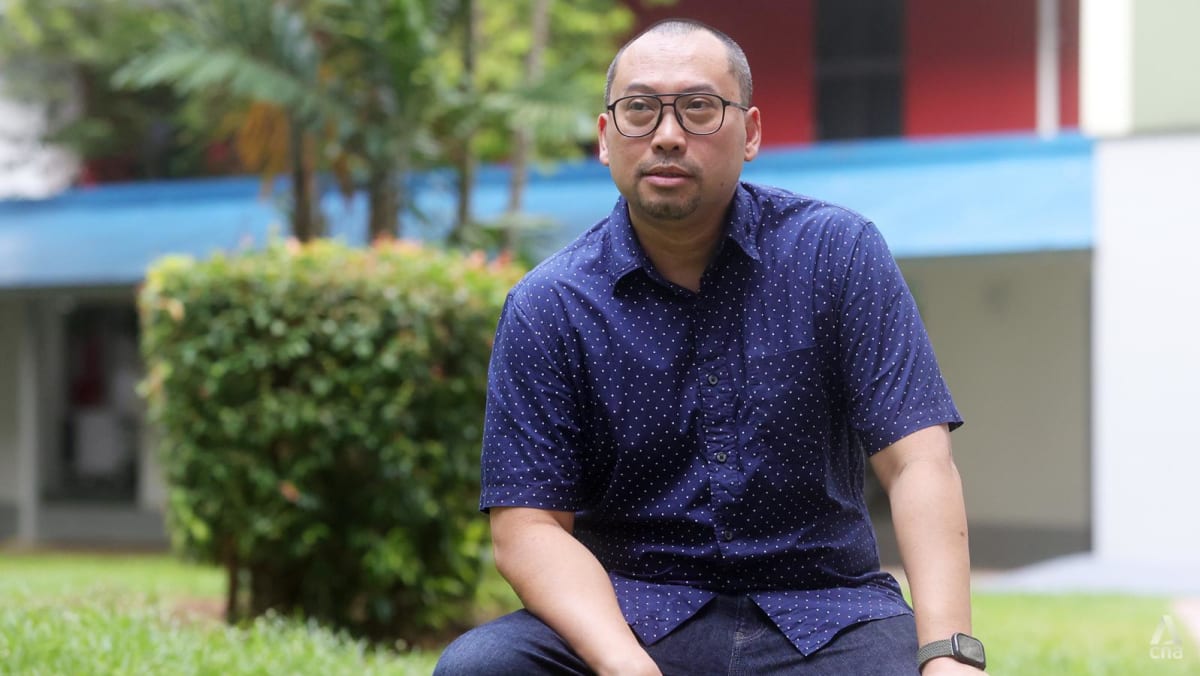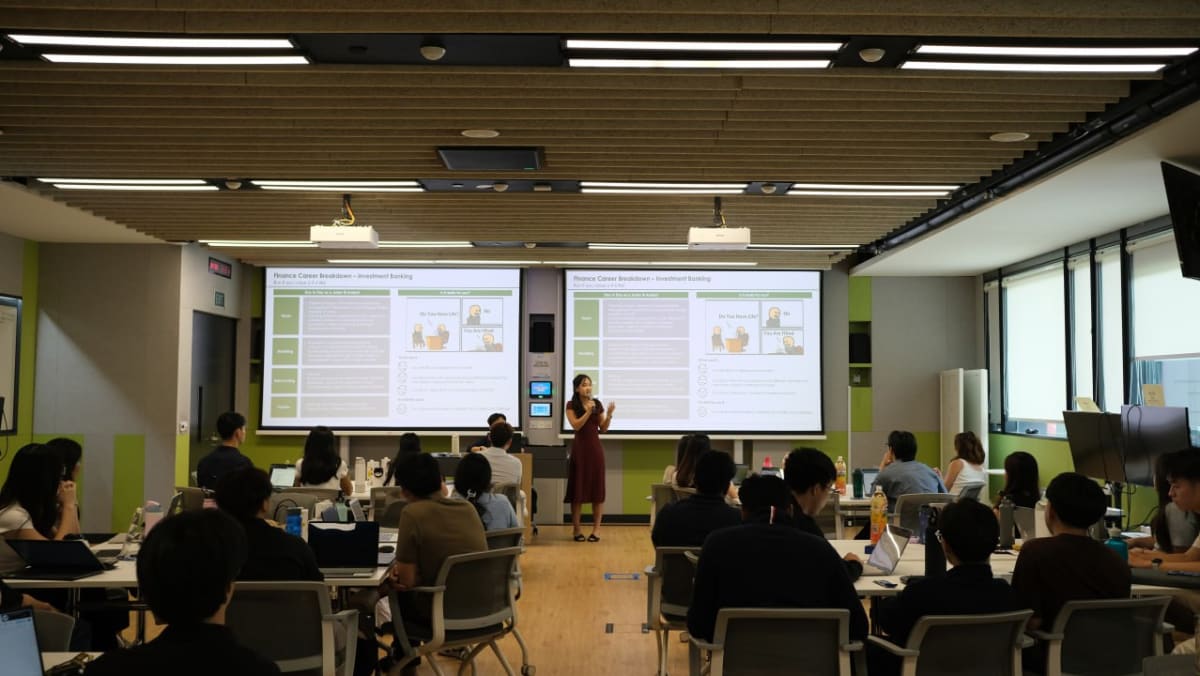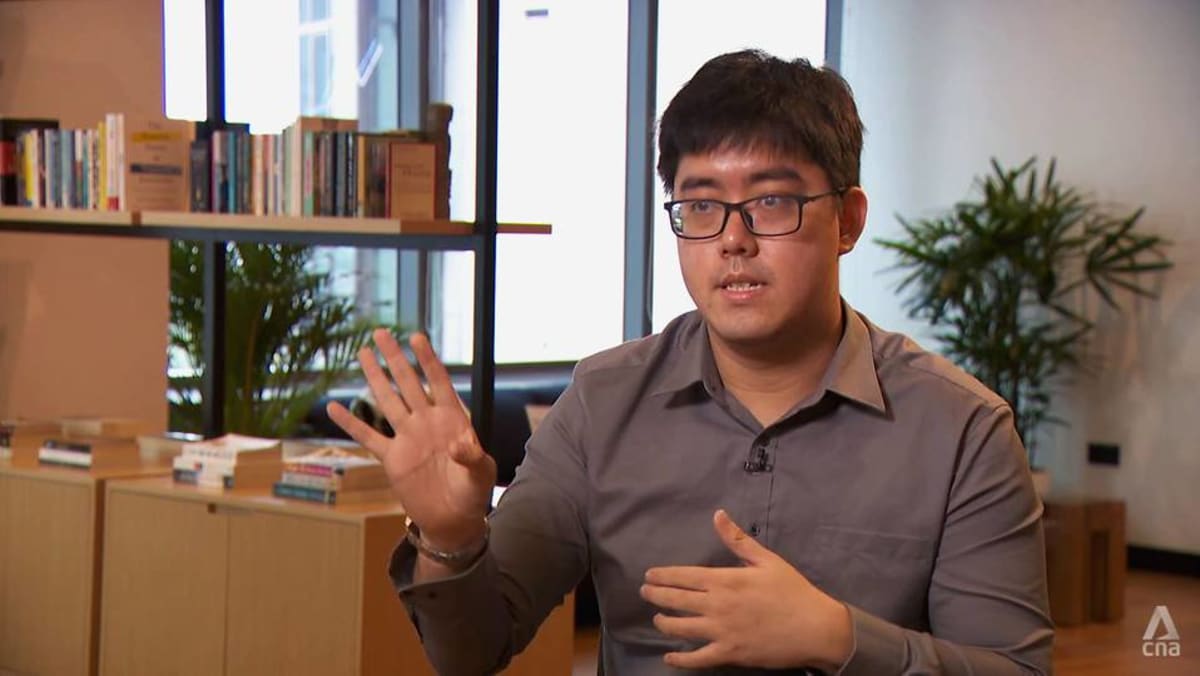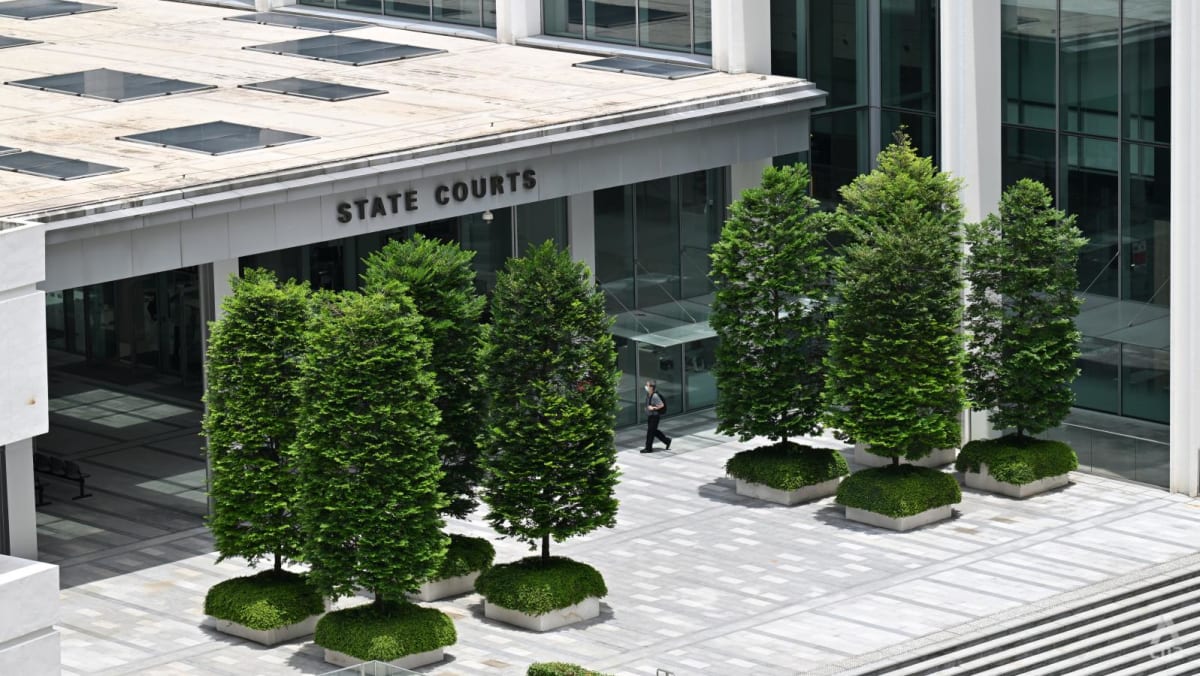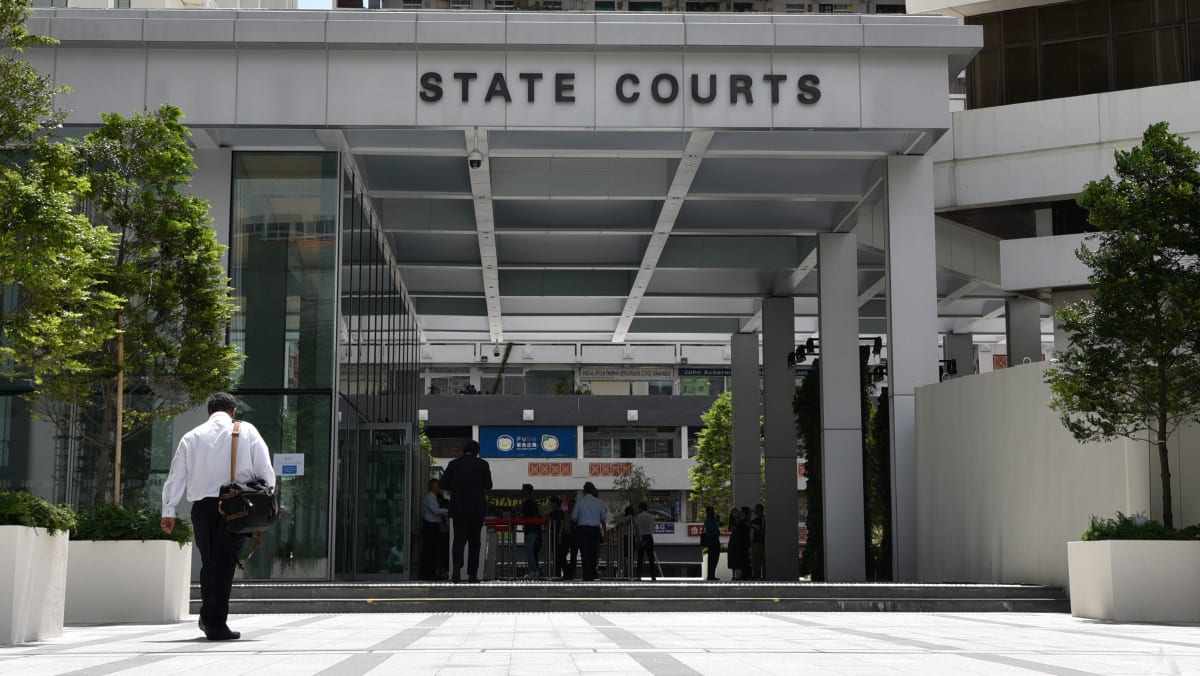GLOBAL NUCLEAR ENERGY TRENDS
A new trend in nuclear energy is small modular reactors. While most are not in operation yet, these reactors are being licensed in many countries, including the United States, France, the United Kingdom and Argentina, said the IAEA’s chief.
“They seem to be a very interesting option here,” he noted, adding that Africa also has “enormous interest” in such reactors, since its grids are smaller or weaker and do not need big nuclear power plants.
Climate scientists and experts have recognised that, in terms of climate change, decarbonisation without nuclear energy is “practically utopian”.
Subtracting the nuclear energy factor for big industrial economies that are heavily reliant on coal or fossil fuels will create a situation that is “almost impossible to manage” if the world wants to achieve the emissions levels agreed upon in the Paris agreement, said Mr Grossi.
He urged the audience to recognise nuclear energy’s contribution to gradual decarbonisation, which the world is embarking on.
“Because we all know that this is a process that will take time. A quick phase-out of fossil fuel is impossible, as we know,” he added.
Responding to a question about the cost of nuclear energy, Mr Grossi noted that nuclear energy is very capital-intensive at the beginning.
This is why analysts say it is too expensive compared to solar or wind energy generators, he added.
“But when it comes to energy, cost is one factor. It is not the defining factor overall,” said Mr Grossi.
For example, a country like Singapore has less space for solar energy farms, and big economies like the US will not be able to sustain themselves on only renewable energy, he noted.
There are also political factors when it comes to cost, said the IAEA’s chief, highlighting that it is important to subsidise clean energy.
“But nuclear energy has never benefited from any subsidy. So you need levelised cost of energy before you start making calculations,” he said.
SAFETY CONCERNS AND GEOPOLITICS
Mr Grossi also addressed the safety concerns that came with nuclear technology and nuclear energy.
Responding to a question about Russia targeting nuclear power plants in Ukraine and whether the IAEA is concerned about similar scenarios in the future, Mr Grossi said: “Of course, the fact that a nuclear power plant is caught in the middle of a war or a conflict is something that greatly concerns us.”
This is why the UN Security Council established principles about how nuclear power plants should not be attacked or become military bases, indicating clearly that both sides should exercise “maximum restraint”, he added.
“Whether this is a trend or not, I suppose not. I think the problem here is the war, it’s not the technology,” said Mr Grossi.
Inviting the audience to think about this “in military terms”, he stressed that a power plant – a big piece of infrastructure – has an impact on the economy of the countries involved.
“It’s like in law, you establish jurisprudence, precedent … Thanks to the example we have in the Zaporizhzhia crisis, if in the future we have a similar situation, we will have the authority and the capacity to intervene, because we did it once and because it worked,” he said.
The Zaporizhzhia Nuclear Power Plant in southeastern Ukraine, which is Europe’s largest nuclear power plant, was captured by Russian forces in March 2022.
